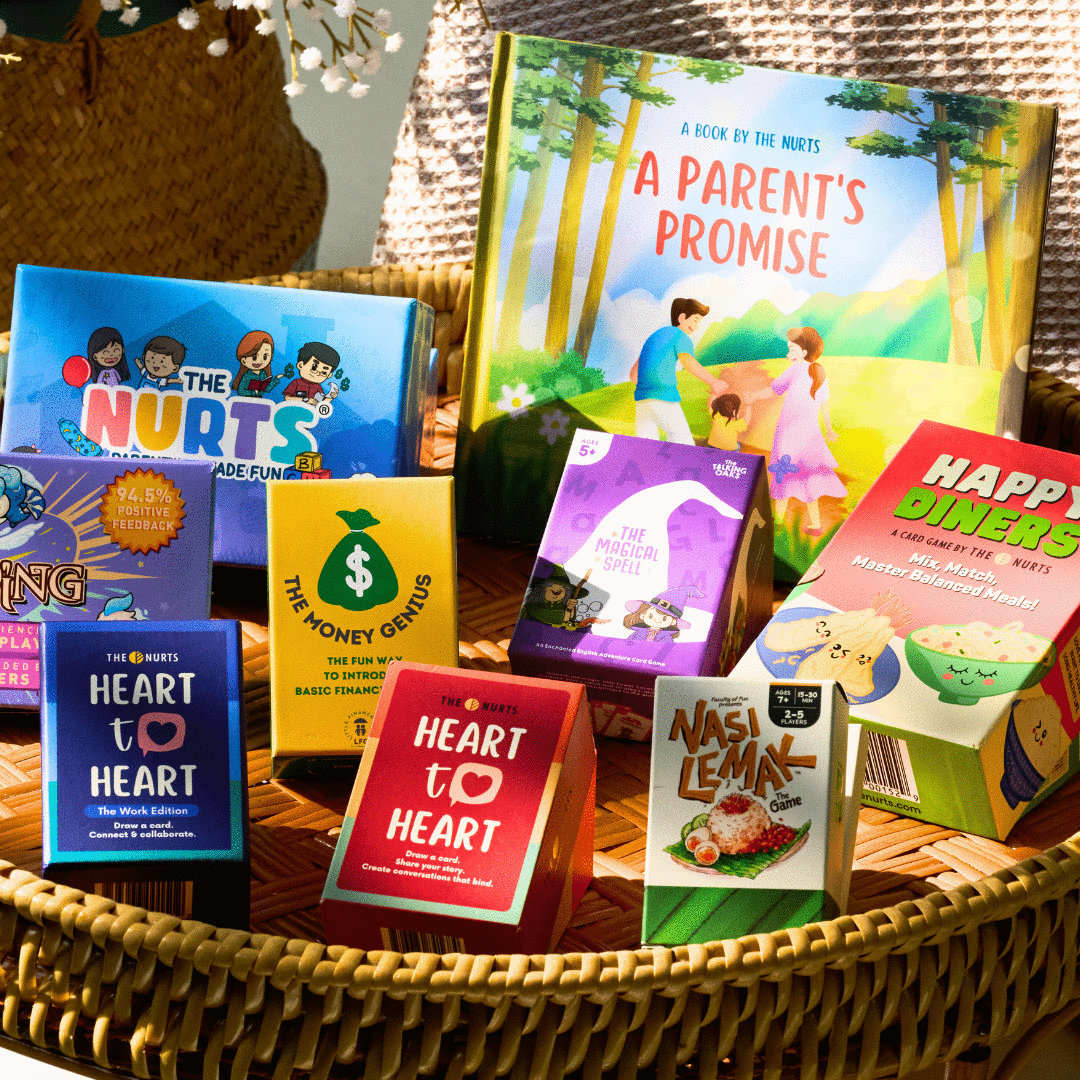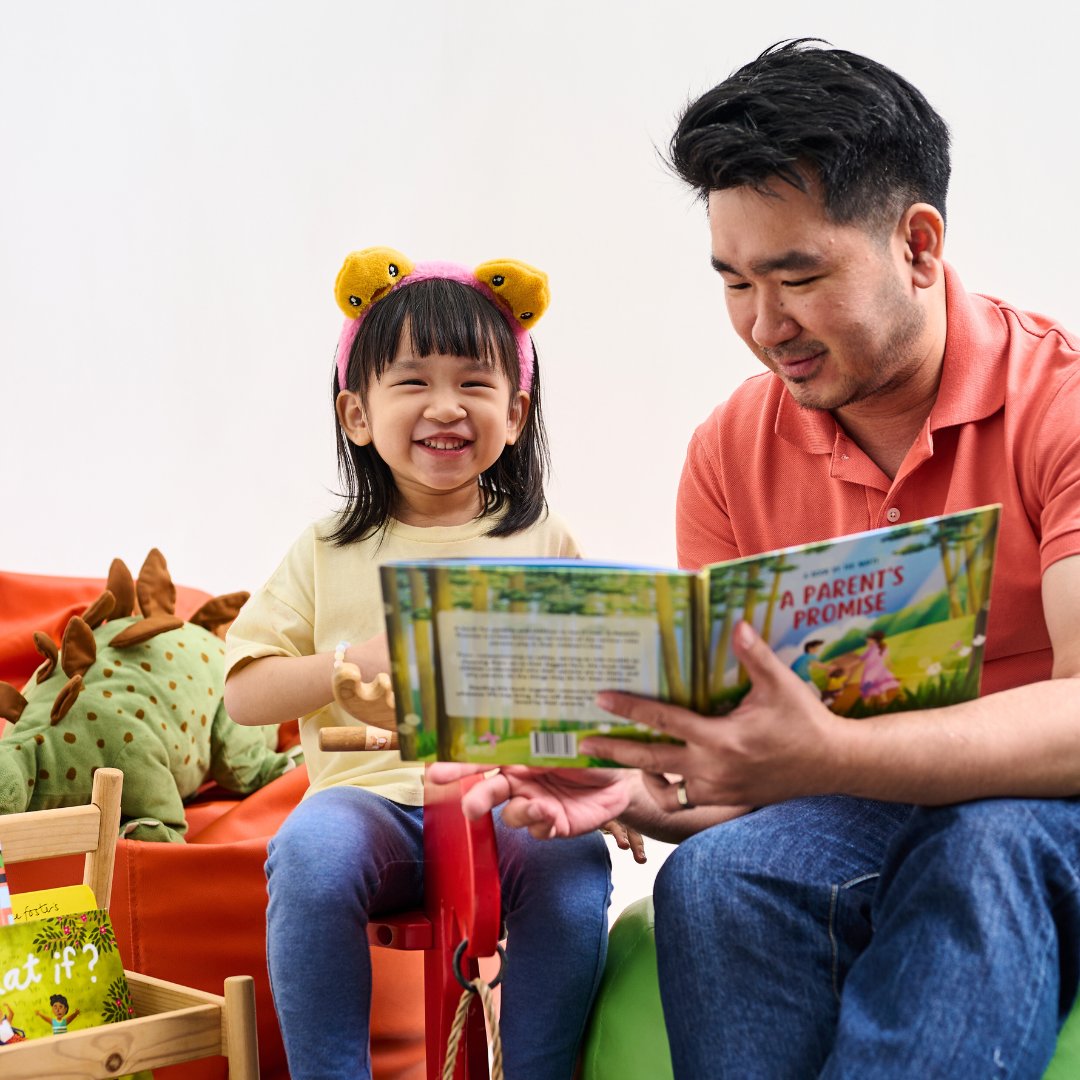Play and curiosity are essential aspects of a child's development and are closely related concepts. Both play and curiosity are interdependent, as play provides an opportunity for children to satisfy their curiosity, and curiosity motivates them to engage in play. Here's how learning through play nurtures your child's natural curiosity:
1. Play with your child
Playing with your child can positively impact their natural curiosity. Parents can create a safe and stimulating environment, follow the child's lead, encourage questions and exploration, and model enthusiasm and curiosity. These actions can lead to a positive and engaging learning experience that encourages a child's natural curiosity and sense of exploration.
2. Follow your child’s lead
Following a child's lead during play is an effective way to foster their natural curiosity. This approach allows parents to observe their child's behavior and interests, helping them create a learning environment that matches their child's strengths and preferences. By giving children the freedom to explore their interests, they become more engaged and curious, which enhances problem-solving skills and creativity.
3. Make time for unstructured play
Unstructured play has no predetermined rules or goals. Children have the freedom to make choices and decisions about what they want to play and how they want to play it, developing their critical thinking skills and encouraging them to ask questions and seek answers. Open-ended materials such as blocks, balls, and art supplies encourage children to think creatively and experiment with different ways of using them.
4. Provide toys and materials
Providing a variety of toys and materials to children can foster their natural curiosity by stimulating their senses and encouraging exploration. Open-ended materials like blocks and art supplies allow children to use their imagination and develop creativity. Different types of toys and materials can also help children develop various skills and interests, and it leads them to experiment and take risks.
5. Outdoor play
Outdoor play provides a range of opportunities for children to explore, create, take risks, and socialize, all of which can nurture their natural curiosity and love of learning. Physical challenges such as climbing and jumping can help them build resilience and confidence, while playing with other children can help them develop important social skills.
Learning through play is a valuable way to support your child's development and natural curiosity. By providing opportunities for play and exploration, parents can help their children develop essential skills and knowledge while fostering a love of learning.
References:
- https://www.healthychildren.org/English/family-life/power-of-play/Pages/the-power-of-play-how-fun-and-games-help-children-thrive.aspx
- https://growingupnm.org/play-follow-your-childs-lead/
- https://www.tinytalkerschicago.com/development/follow-your-childs-lead-but-what-does-that-even-mean
- https://www.verywellfamily.com/unstructured-play-2764971
- https://www.nidirect.gov.uk/articles/playing-outdoors#:~:text=Playing%20outdoors%20allows%20children%20to,try%20new%20activities
- https://www.exchangefamilycenter.org/exchange-family-center-blog/2018/4/10/connecting-with-your-child-through-play-the-surprising-benefits-of-parent-child-playtime
- https://b-inspiredmama.com/gifts-curious-creative-kids/







